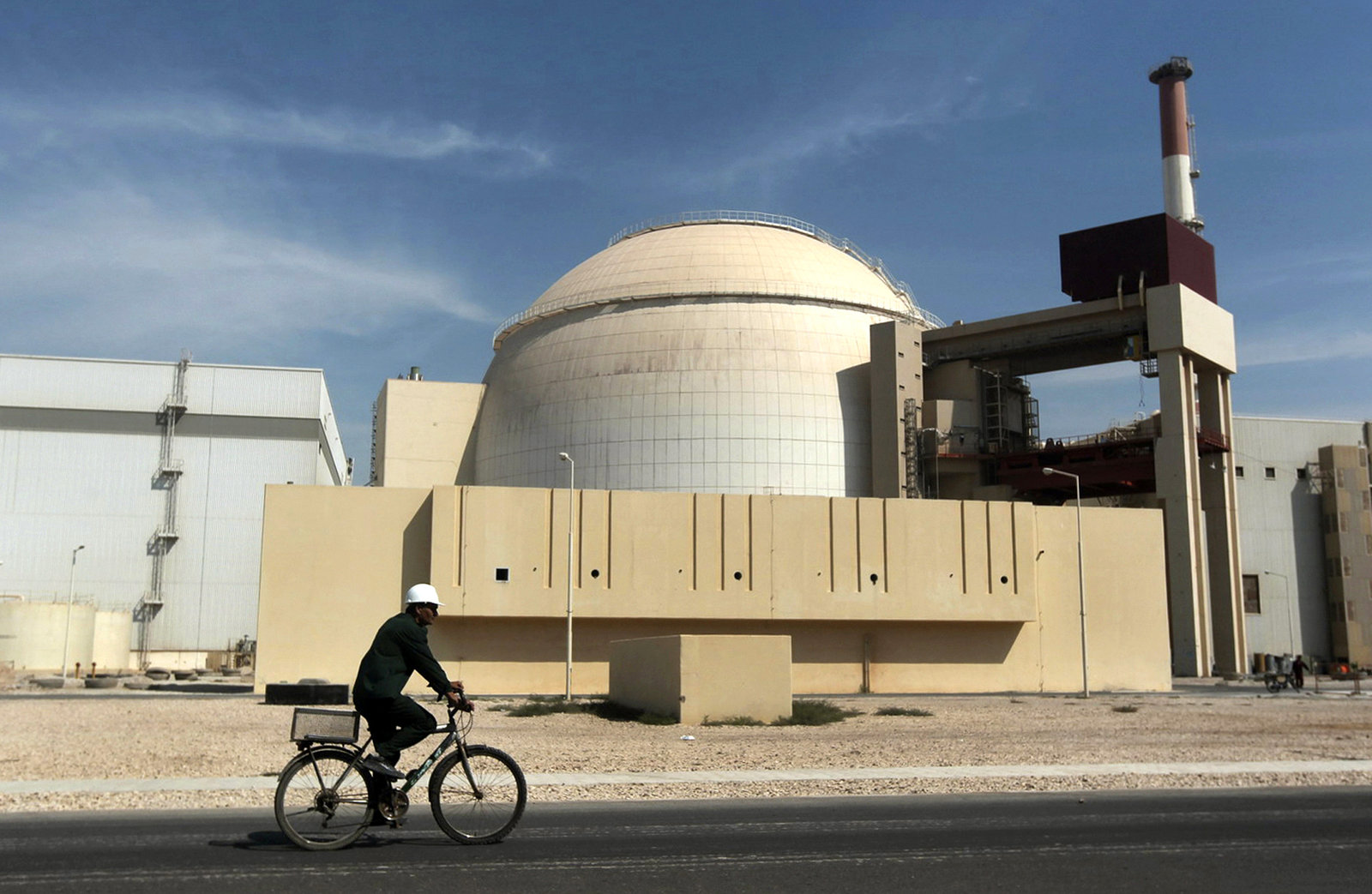Iranian Deputy Foreign Minister Ali Bagheri Kani has described talks held with the UK, France, and Germany to revive the 2015 nuclear deal “as clear and progressive.”
“Those conversations were clear and progressive,” Bagheri Kani, who is also Iran’s lead negotiator in forthcoming nuclear talks, said on November 12, according to the Mehr news agency.
“I shared our perspective on the necessary framework for the upcoming talks in an unequivocal and very transparent manner. I also shared with them what our expectations of the upcoming negotiations are,” he added.
Bagheri Kani further referred to Iran’s stance on the resumption of talks in Vienna to be held on November 29, saying that “the main purpose of these talks, from Iran’s standpoint, is to remove the illegal sanctions imposed on the Iranian nation by the US government in blatant violation of the JCPOA [the Joint Comprehensive Plan of Action, mainly known as the Iranian nuclear deal] and the UN Security Council Resolution 2231.”
As part of a multi-nation tour to Europe, Iran’s top nuclear negotiator arrived in Madrid on November 12 to discuss the resumption of JCPOA implementation and the removal of sanctions. While in Madrid, Bagheri Kani was scheduled to meet with Enrique Mora, the EU’s External Action Service Deputy Head, who is also coordinator of the JCPOA Joint Commission, to discuss the future of Vienna talks.
On November 29, representatives of Iran and the European signatories of the JCPOA will meet in Vienna to resume talks aimed at reviving the deal, which offered Iran sanctions relief in exchange for limits on its nuclear program.
In a phone conversation with German Foreign Minister Heiko Maas on November 8, Iranian Foreign Minister Hossein Amir-Abdollahian called on France, Germany, and the UK to refrain from issuing any statements or remarks that can create tensions ahead of the Vienna talks.
Amir-Abdollahian added that Washington was the “main culprit for the present situation” and that lifting all sanctions was essential, given Iran’s mistrust of the US and the European states over their “disloyalty” to the deal.
In 2018, the then US President Donald Trump’s administration pulled out from the JCPOA and re-imposed sanctions that had been lifted under the deal’s terms. Iran responded by gradually scaling back its commitments and expanding its nuclear program, enriching uranium to levels far above the 3.67 percent limit set under the agreement. Earlier this year, Tehran has started 60 percent uranium enrichment.
Meanwhile, in an interview in London, Bagheri Kani said that a 387-million-pound ($519 million) debt owed by the UK over a decades-old military contract would hopefully be settled “soon.” He then added that the two countries were trying to work out how the payment could be made.
The official was referring to £387 million owed to Iran as a result of its payment on contracts dating back to the late 1970s to buy more than 1,500 Chieftain tanks and armored vehicles from the UK. These contracts were canceled after the 1979 revolution in Iran.
The issue has been a matter of diplomatic tussle between Tehran and London amid the EU’s efforts to revive the JCPOA. The matter had been discussed during Bagheri Kani’s meeting with British Foreign Ministry officials on November 11.
“The main issue about paying the debt and its level is agreed, but the method and process of how the payment is made haven’t yet been resolved,” the Iranian diplomat said, adding that discussions will continue in Tehran next week.







 Russian peacekeeping forces, deployed in the Karabakh (Garabagh) region of Azerbaijan since 2020, have commenced their withdrawal from the area.
Russian peacekeeping forces, deployed in the Karabakh (Garabagh) region of Azerbaijan since 2020, have commenced their withdrawal from the area.
 Azerbaijan officially unveiled the logo for the upcoming 29th session of the Conference of the Parties to the United Nations Framework Convention o...
Azerbaijan officially unveiled the logo for the upcoming 29th session of the Conference of the Parties to the United Nations Framework Convention o...
 The Kazakh authorities have increased their arbitration claims against international oil companies involved in the development of the Kashagan oil ...
The Kazakh authorities have increased their arbitration claims against international oil companies involved in the development of the Kashagan oil ...
 Iran’s Foreign Minister, Hossein Amir-Abdollahian, has labeled a foiled Israeli drone attack in certain parts of the country as a "failure" for Isr...
Iran’s Foreign Minister, Hossein Amir-Abdollahian, has labeled a foiled Israeli drone attack in certain parts of the country as a "failure" for Isr...



